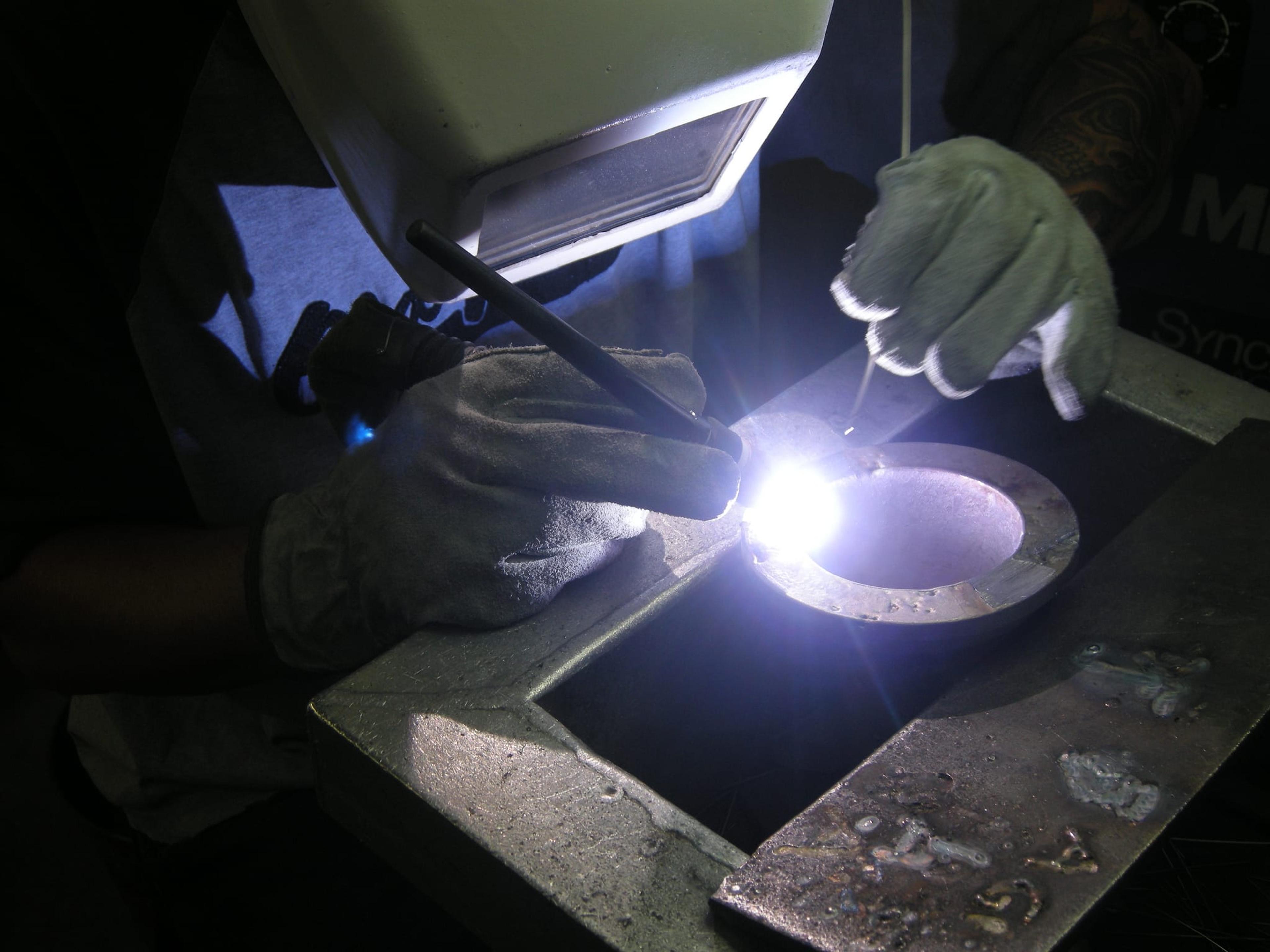
Some Ultraviolet (UV) radiation is beneficial to your health, since it stimulates vitamin D production in your body. In fact, UV exposure is even used to treat jaundice in newborns and psoriasis. But too much UV is incredibly harmful, significantly increasing your risk of skin cancer, including melanoma, and even leading to cataracts and other eye damage. While sunlight is the main source of UV radiation, other sources can release it, too. That means that in addition to slathering on sunscreen at the beach, people in certain industries also need to take steps to protect themselves at work. Here are a few occupations where workers might be exposed to UV radiation without realizing it.
- Welders: Welding arcs are used to melt metals at the base of a welding point. In just seconds, electric welding arcs can exceed the UV radiation exposure guidelines for anyone within a few meters of the welding arc. In order to protect your eyesight, it is essential to wear welding goggles and a special facemask for maximum protection.
- Landscapers and construction workers: Landscapers, construction workers and other people who work outdoors are at a much higher risk for UV exposure (not to mention heat strokes, heat exhaustion and other sun-related issues). Wearing sunscreen, loose-fitting clothing, eye and head protection and sunscreen can help lessen your risk of damage from UV rays. On top of that, drinking water every 15 to 20 minutes will help keep you hydrated and cool. (If the heat index is above 103 degrees, drink 4 cups of water every hour.)
- Salon professionals: The ultraviolet lamps used in nail salons present the risk of being exposed to UV radiation to both customers and employees. Researchers have discovered that the UV lamps with higher wattages delivered higher risks to users. On average, it takes 11 uses for the devise to raise the risk of cancer. While the risk is low, dermatologists still recommend wearing sunscreen when visiting nail salons, especially if you are a frequent visitor or a salon employee.
- Paint and resin curers: Individuals who work in the paint, flooring and concrete industry are at risk because UV-cured acrylic is used to protect concrete, counters and other surfaces from moisture and element exposure. UV-curable coating also speeds up the production process and is resistant to heat and chemical treatments. Like other professions, it is important for these individuals to protect their eyes and the rest of their body with protective gear.
Protecting your employees In order to protect your employees, the first step to take is training. It is key for both the employer and employee to understand the risks of UV exposure and what steps they need to take to protect themselves. Administrators can display warning signs, require employees to keep a safe distance from UV radiation and limit exposure time to UV radiation sources. If exposure does occur, supervisors and managers should be trained to provide assistance. Providing the correct eye and skin protection is vital to everyone’s safety. Learn more about how to protect your skin by checking out these blogs from both this site as well as A Healthier Michigan:
About the author: John J. Dunn is vice president of Middle and Small Group Business for Blue Cross Blue Shield of Michigan. He’s responsible for the sales and earnings performance of middle and small group business, which generates approximately $4 billion in annual premiums. He’s also involved in key projects related to achieving the company’s core business strategies, including strategic planning, national health care reform, product development and pricing. Dunn has been with Blue Cross for 25 years. He’s a fellow of the Society of Actuaries, a member of both the American Academy of Actuaries and the Michigan Actuarial Society, and serves as immediate past chair and treasurer of the board for the Children’s Center of Wayne County. Dunn holds a bachelor’s degree in mathematics from Michigan State University. Photo credit: Kirt Edblom





